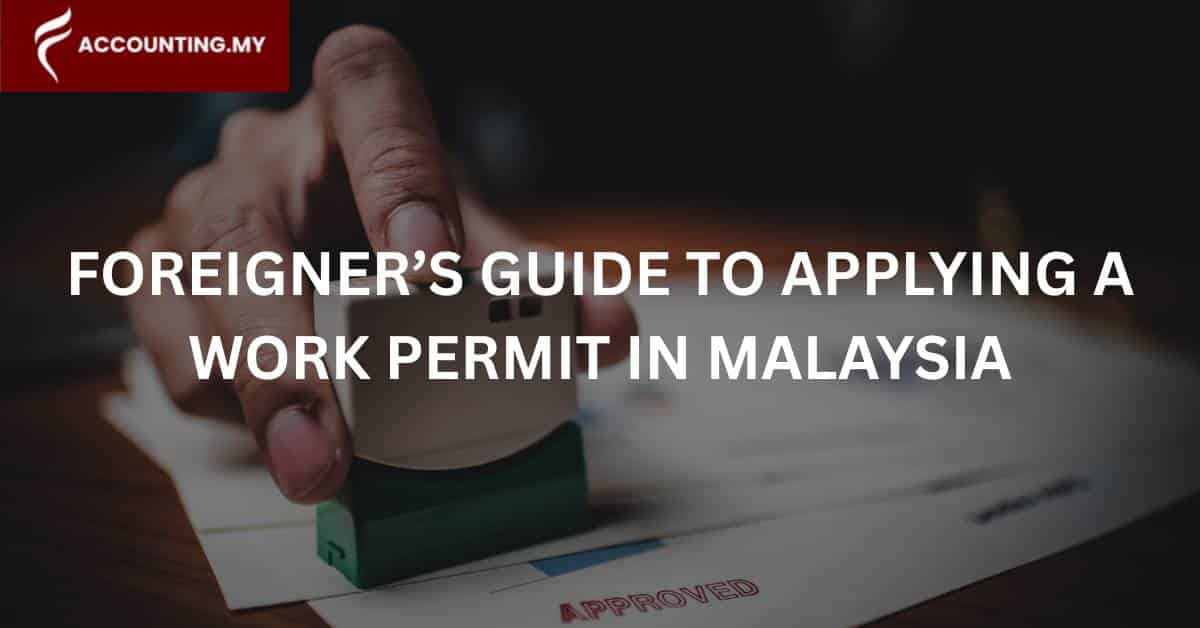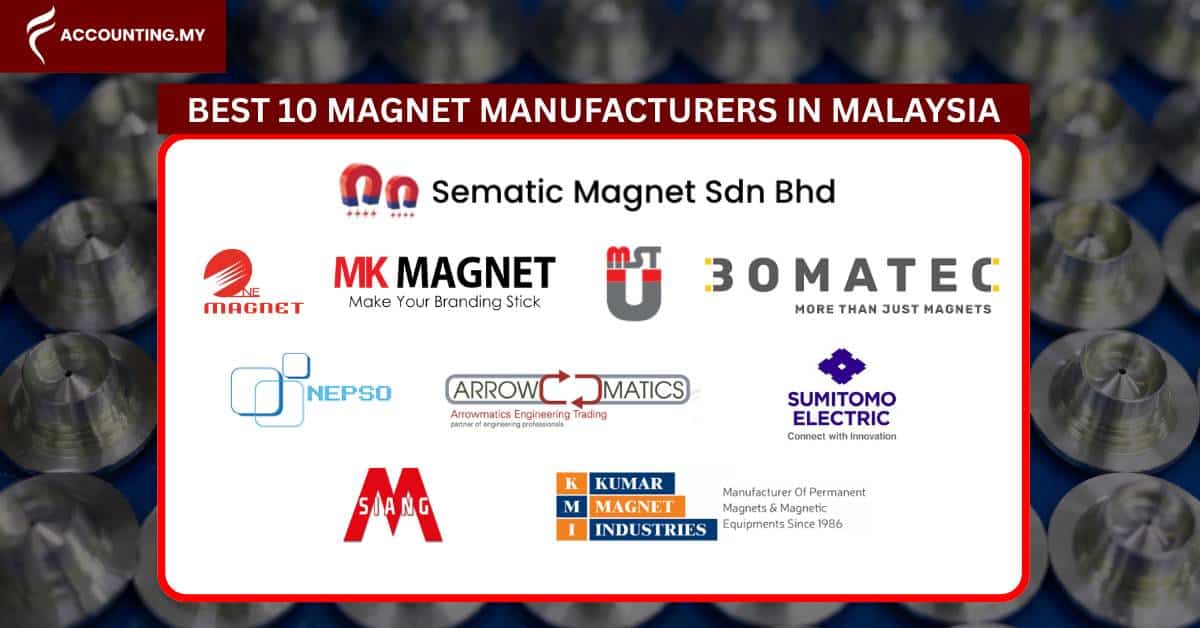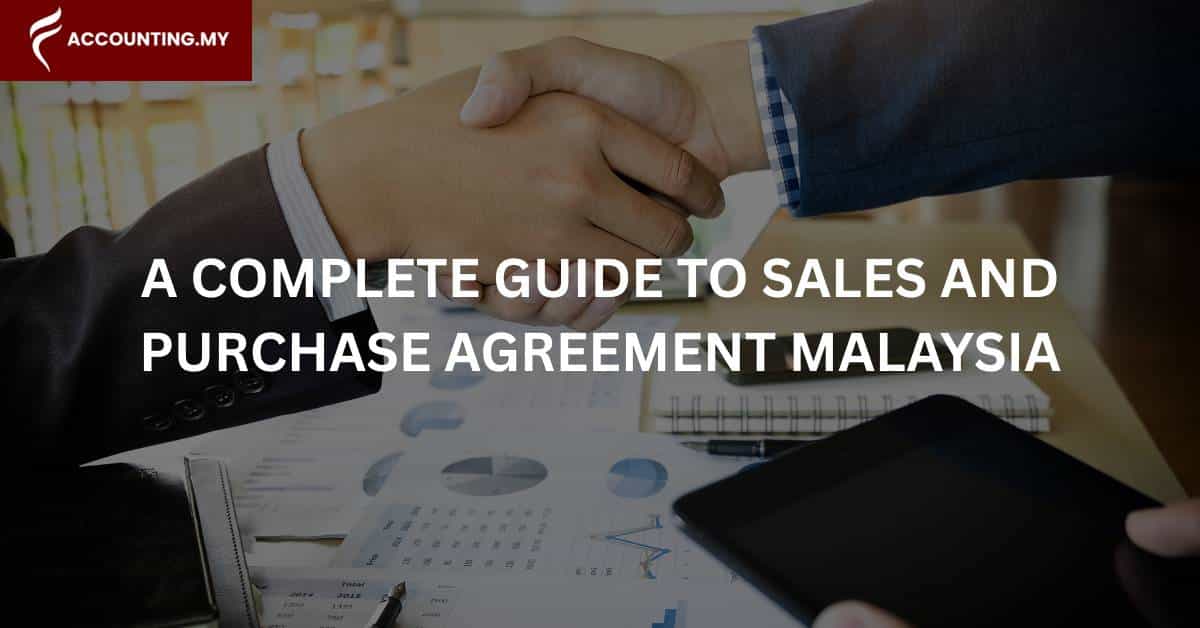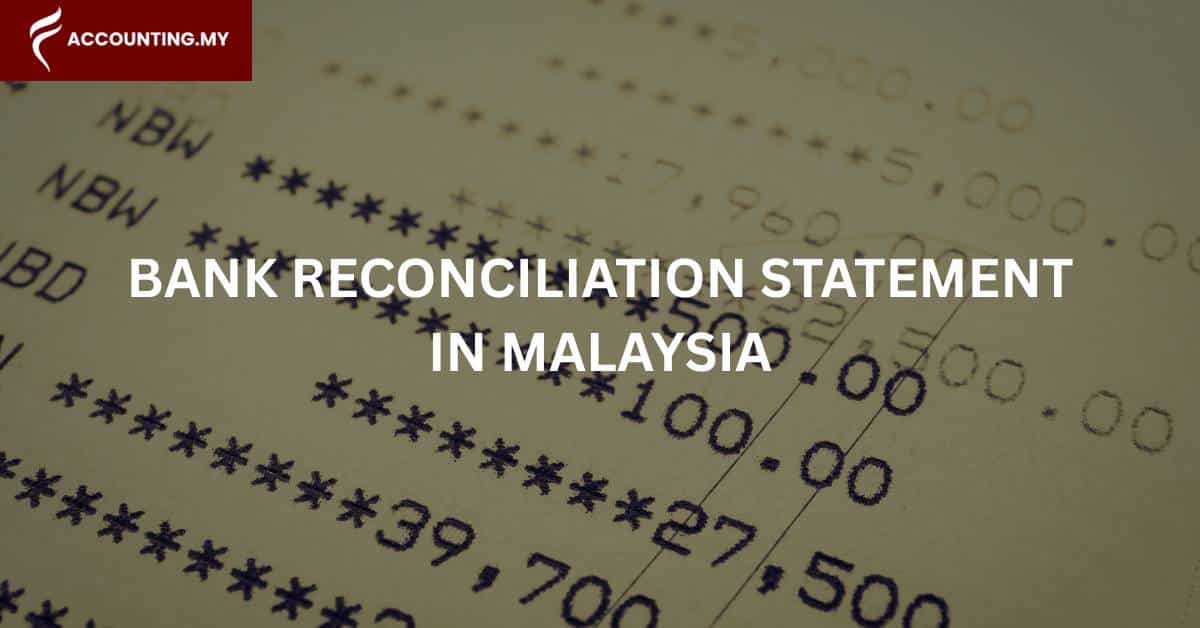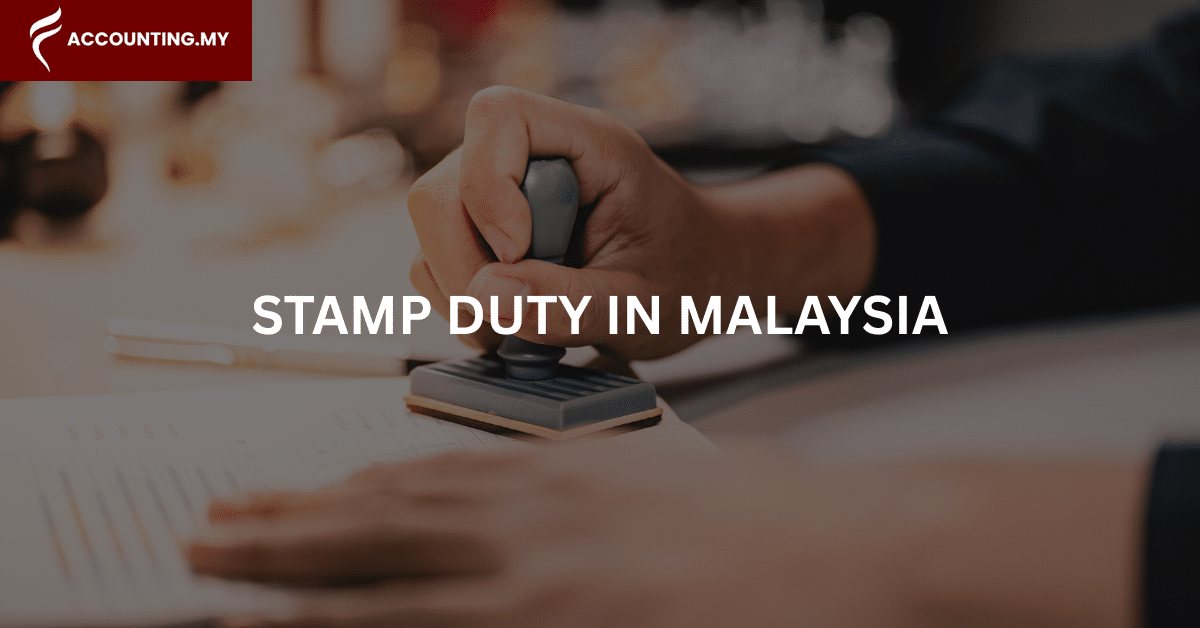Key Takeaways
- Malaysia offers 3 main work permits: Employment Pass, Temporary Employment Pass, and Professional Visit Pass.
- Employers must apply on behalf of foreign workers; self-application is not allowed.
- Application includes quota approval, visa approval letter (VAL), FOMEMA medical screening, and passport endorsement.
- Work permit fees include fixed EP charges (RM2,000 + RM200/year) and security bonds that vary by nationality (RM200–RM1,500+).
- Renewals, overstays, and job transfers come with strict compliance rules—this guide includes every step, fee, and document.
A work permit is a legal authorisation that allows a foreign national to work in Malaysia under a specific employer.
All work permits in Malaysia are employer-sponsored and sector-specific. You can’t legally switch jobs, work freelance, or apply without an employer’s backing. The Immigration Department and agencies like MYXpats and Expatriate Services Division (ESD) manage the approval process.
But how do you apply for a work permit and what are the necessary documents needed? Well, let’s find out.
What Types of Work Permits Are Available in Malaysia?
Malaysia offers three main permit types depending on your job, skills, and duration of stay.
Permit Type | Who It’s For | Duration | Key Requirement |
Employment Pass (EP) | Skilled professionals & expatriates | Cat I ≤ 5 yrs Cat II ≤ 2 yrs Cat III ≤ 12 months | Job offer + salary (RM3k–10k+) |
Temporary Employment Pass (TEP/PLKS) | Unskilled & semi-skilled workers (construction, plantation, services) | 12 months (renewable) | Employer quota + FOMEMA medical |
Professional Visit Pass (PVP) | Short-term specialists, trainees, secondees | Up to 12 months | Letter of invitation/contract |
Who Can Apply for a Work Permit in Malaysia?
As stated, foreigners can’t apply for a Malaysian work permit on your own, it must come through a registered employer.
To qualify, the foreign applicant must meet these baseline requirements:
- A valid passport with at least 18 months before expiry
- A legitimate job offer from a company in an approved sector (manufacturing, plantation, construction, services)
- No blacklist status from Malaysian authorities or prior immigration offences
- Meet educational or skill criteria, depending on the permit type (degree for Employment Pass)
- FOMEMA medical screening applies to foreign workers under the Temporary Employment Pass (PLKS). Expatriates under the EP are not processed via FOMEMA, though employers may require other medical checks.
If you’re switching jobs, your new employer must apply for a fresh permit, you can’t transfer it yourself.
How to Apply for a Work Permit in Malaysia: Step-by-Step
The work permit process isn’t instant, but it’s clear once you know each step. Here’s what the full timeline looks like, from getting a job offer to securing that all-important passport sticker.
Step 1: Receive a Formal Job Offer
Before anything else, you’ll need a confirmed job offer from a Malaysian employer in an approved industry. This offer must include your job title, salary, and contract duration.
Step 2: Employer Applies for Quota & Registers with Authorities
Your employer will register with either the ESD or MYXpats Centre, depending on your job category.
They’ll also apply for quota approval from the Ministry of Home Affairs (MOHA), a mandatory clearance to hire foreign staff.
If your employer doesn’t have quota approval, your work permit application cannot proceed.
Step 3: Visa Approval Letter (VAL) Application
Once the quota is secured, your employer must submit your documents to apply for a Visa Approval Letter (VAL) via the official online portal.
This includes your:
- Passport copy
- Academic certificates (if applicable)
- Passport-sized photos
- Job offer letter
- Signed contract
Step 4: Wait for VAL Approval (5 Working Days)
Once submitted, Immigration Malaysia will process your application.
EP applications processed within 5 working days if complete but actual time may vary depending on sector approval/endorsements
It is important to not enter Malaysia before the VAL is issued, you will get flagged by immigration officers.
Step 5: Undergo Medical Screening for PLKS Holders (FOMEMA)
Once you receive the VAL, PLKS holders need to complete a FOMEMA medical check in your home country (if pre-arrival screening is allowed) or after arriving in Malaysia. EP holders require other medical checks.
The screening tests for:
- Infectious diseases (TB, Hepatitis)
- Drug use
- Pregnancy (for certain job sectors)
This step is very important and it’s the main reason why most work permit applications are rejected.
Step 6: Enter Malaysia with VAL & Single Entry Visa (SEV)
Once your Visa Approval Letter (VAL) is issued, Immigration Malaysia prepares a Visa With Reference (VDR).
- The VDR is required for the embassy to issue your Single Entry Visa (SEV).
- Apply for the SEV at the nearest Malaysian embassy or consulate.
- You must enter Malaysia within the VAL/VDR validity period (usually 6 months).
Without the VDR, you cannot collect the SEV and won’t be allowed entry for employment purposes.
Step 7: Passport Submission & Final Endorsement
After arriving in Malaysia, your employer will submit your passport to Immigration for the final step:
Work Permit Sticker Endorsement (placed inside your passport).
This is your official permission to legally work in Malaysia. You can now begin your job.
Read more: Enterprise vs Sdn Bhd: What Malaysian Owners Must Know
How Much Does It Cost to Apply for a Work Permit in Malaysia?
Fees differ depending on permit type and nationality. Most costs are usually paid by the employer, but it’s wise to confirm in your contract.
Item | Cost | Notes |
EP Application (Processing Fee) | RM2,000 (+8% SST = RM2,160) | Fixed by Immigration for new Employment Passes |
EP Endorsement Fee | RM200 per year | Paid upon passport endorsement |
Visa Fee | Varies (RM50–RM500+) | Depends on worker’s nationality |
Security Bond | RM200–RM1,500+ | Amount depends on nationality; refunded after compliance |
Insurance (SKHPPA/Foreign Worker Scheme) | RM70–RM150/year | Mainly required for Temporary Employment Pass (PLKS) |
Medical Screening (FOMEMA) | RM180–RM250 | Mandatory for PLKS (not for EP holders) |
Disclaimer: These costs are based on the latest Immigration Department and official agency references as of 2025. Actual fees may vary depending on nationality, permit category, and policy updates. Always verify with the Immigration Department of Malaysia, MYXpats, or ESD portal before applying.
Some employers deduct fees from your salary or require a bond refund period, this must be clarified, so make sure you ask before signing.
Renew and Transferring Work Permit in Malaysia
In Malaysia, work permits are employer-tied, so even small changes (like switching jobs) trigger a full reapplication. Renewals are more straightforward, but must be started early to avoid expiry issues.
Work Permit Renewal
Start 3 to 6 months before your permit expires.
You’ll need to:
- Update your FOMEMA medical screening (especially if your last check was over 12 months ago)
- Ensure your passport is still valid (at least 12–18 months preferred)
- Submit renewal via MYEG or authorised portals, depending on your permit type
- Confirm your employer’s quota is still valid and they’re in good standing
“Delaying your renewal can result in overstaying, even if it’s just by a few days.”
Changing Jobs or Transferring Your Permit
You cannot “transfer” your permit like a phone plan, it’s a full restart.
To move to a new employer legally, you must:
- Obtain a release letter from your current employer (a.k.a. “no objection letter”)
- Secure a new job offer and start the entire permit application process from scratch
- Wait outside of Malaysia, if your current permit is near expiry or has already lapsed
Please remember this as switching jobs without a valid permit will get you blacklisted, regardless of the pending approval from your new employer.
Penalties for Overstaying or Working Without a Valid Work Permit
Malaysia doesn’t mess around with immigration violations, and enforcement is only getting stricter.
In recent years, local headlines have reported frequent raids, mass detentions, and nationwide crackdowns on foreign nationals working without proper documentation.
Immigration officers are ramping up surprise operations in construction sites, service venues, and even upscale offices.
“Johor Immigration Dept nabs 145 illegal immigrants in city centre raid” – The Star, July 2024
Whether you “accidentally” overstay by a week or knowingly work while your permit is pending, the outcome can be the same: fines, detention, blacklisting, and a ban from re-entering Malaysia.
What You Risk by Not Staying Compliant
Violation | Consequence |
Overstaying | Fine up to RM10,000 and/or imprisonment up to 5 years under Immigration Act s.15(4) |
Working Illegally | Detention, deportation, employer fined up to RM50,000 |
Being Blacklisted | Banned from re-entering Malaysia for up to 5 years |
Always double-check your work permit expiry date, in your passport sticker, or via the official Immigration Malaysia portal.
Don’t assume your employer is handling everything correctly.
The Digital Nomad Visas
If you’re not working for a Malaysian company, the DE Rantau Digital Nomad Pass might be a better fit.
Since late 2022, Malaysia has introduced the DE Rantau Nomad Pass, a visa designed for remote workers, freelancer Malaysia, and digital entrepreneurs who earn income from overseas clients.
It’s part of Malaysia’s initiative to become a hub for location-independent talent in Asia.
Who Is Eligible?
To qualify, you must:
- Be a remote worker, digital freelancer, or digital entrepreneur
- Earn at least USD24,000 per year (or around RM110,000)
- Show proof of income, active contracts, and professional credentials
- Apply through the MDEC (Malaysia Digital Economy Corporation) portal
The best part? You don’t need a local job offer or employer sponsorship.
How Long Is It Valid?
- Initial duration: 3 to 12 months
- Renewable: Yes, for another 12 months
- Processing time: 4 to 8 weeks on average
- You can bring dependants or spouse under the same application (additional documents required)
Limitations to Know
- You cannot work for Malaysian companies or take up jobs locally—even part-time gigs
- Not a pathway to permanent residency or long-term work sponsorship
- You must maintain your remote income and contracts for renewal
Don’t use the DE Rantau pass as a backdoor to local employment, it’s not designed for that, and doing so may result in blacklisting.
Secure Your Work Permit the Right Way
The Malaysian work permit process may feel technical, but it’s absolutely manageable when you know each step, document, and deadline upfront.
While Accounting.my don’t directly handle foreign work permit applications, we can support you with the business licensing, compliance, and payroll frameworks that employers must have in place.
By getting your compliance right from the start, you avoid delays, penalties, and unnecessary risks.
Talk to us today to ensure your business meets every requirement before bringing in foreign talent.
Frequently Asked Questions About Work Permit Malaysia
Category I ≥ RM10,000/month, Category II RM5,000–9,999, Category III RM3,000–<5,000 (12-month validity, limited renewals).
Typically 5 days for EP, longer if quota not approved.
Not without a full reapplication and release letter from the current employer.
Yes, but only for Temporary Employment Pass (PLKS) holders. EP holders may be subject to employer-arranged health checks, not FOMEMA.
EP holders with salary above RM5,000 can sponsor Dependants (spouse, kids <18, etc.)
You must reapply, expired VALs are non-renewable.




